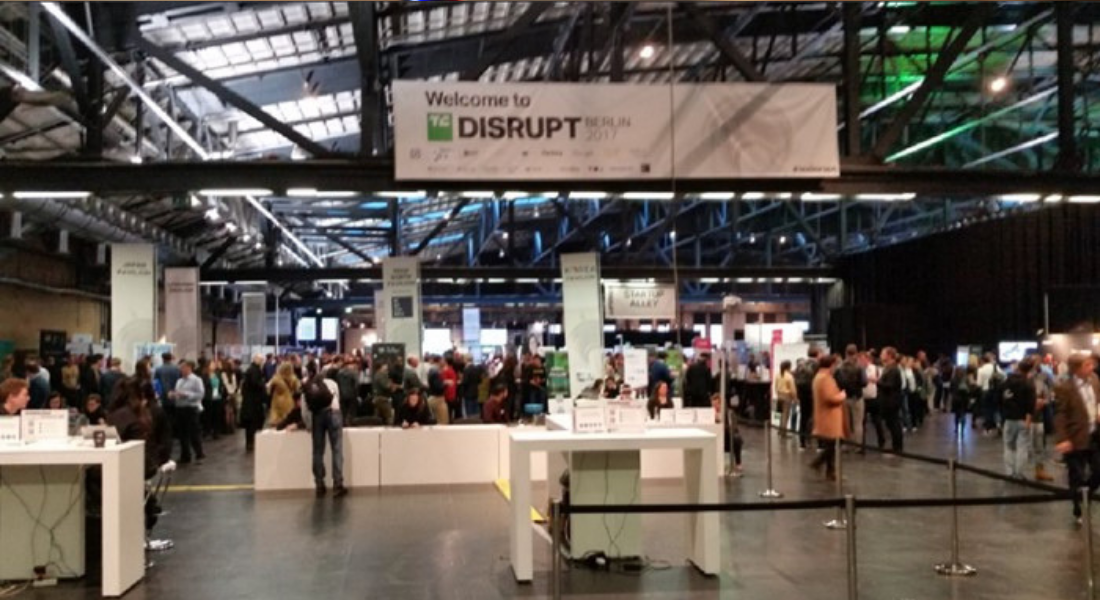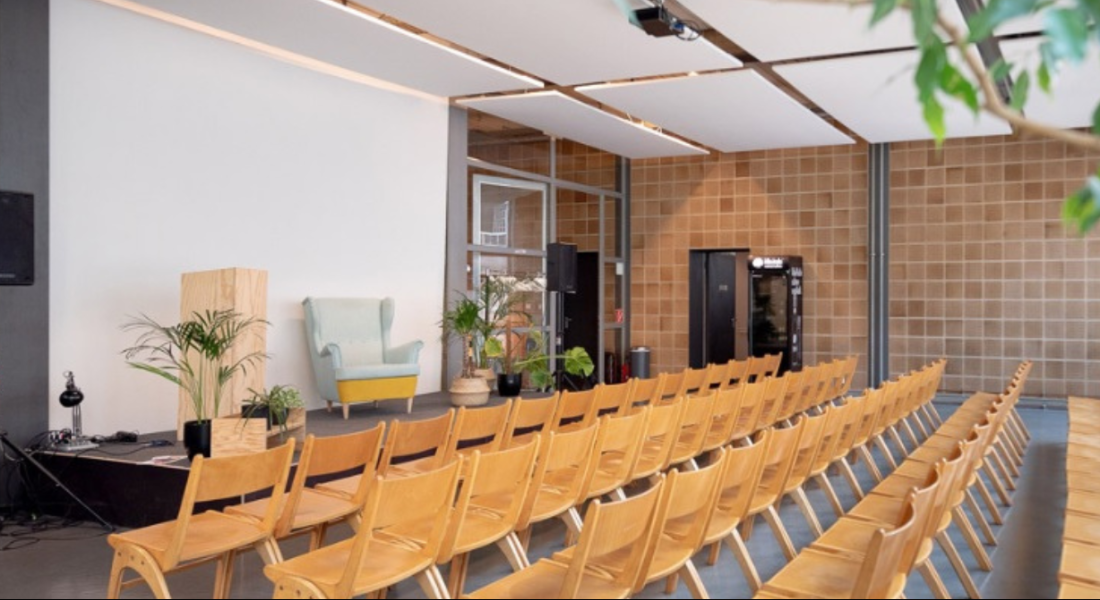Earlier this year, with the shock of Brexit still heavy in the air, the organisers of TechCrunch Disrupt decided that they would, after a three-year stint in London, head back to Berlin. Bad news for Brexiteers perhaps, but good news for Fourth Day Germany, who headed along last week to get an insight into how the young entrepreneurs of the day are looking to shape our tech-based future.
These trade shows seem to get bigger and better every year, with people visiting from all corners of the globe and, true to form, exhibitors and delegates at this year’s show were diverse. A selection of countries exhibited: Korea, Lithuania, Portugal and the Czech Republic all had visible areas devoted exclusively to companies from those regions. Then there was the sheer breadth of industries; from LGBT travel and cryptocurrency to music algorithms, African farming and comic strip chat functions. You can find anything you want out there – and the choice is only growing.
Some technologies, of course, are flights of fancy rather than long-term propositions. Brandquiz, for example, is a tool designed to create online quizzes about any subject, to facilitate better customer interaction and corporate story-telling. It’s a fun gadget and it’ll be interesting to see how they commercialise it. The same applies to striply, an app which turns your online conversations into a comic strip.
Others erred on repetitive. How many times have you heard the phrase (or variations of): THE ultimate tool for CRM management? Or apps and programs promising to get your financial self ‘into shape?’
But those are vastly outnumbered by the truly innovative. There’s HomeBeat, an app which allows people in blocks of flats to search for domestic solutions within their own block – tenants simply sign up, enter their professions and presto! The man in 3c is a tax advisor or the lady in 7a is an ad exec, or the person in 5f has a granddaughter who’s a dab hand at babysitting… it’s a community app for a micro-community environment, and it’s excellent.
Or there’s the truly leftfield. Afrifarm – probably the most intriguing concept on display – allows people to trade in the goats (and sheep and camels) herded by nomadic African farmers. Currently it only deals with farmers in Somalia, but the plan is to expand throughout sparsely-populated parts of Africa and assist those areas in moving away from the straight barter system.
Lots of fascinating concepts which topped off a fascinating show. The lesson learned? If you want something done exactly your way, there’s almost certainly an app out there for you somewhere…
Share this:





